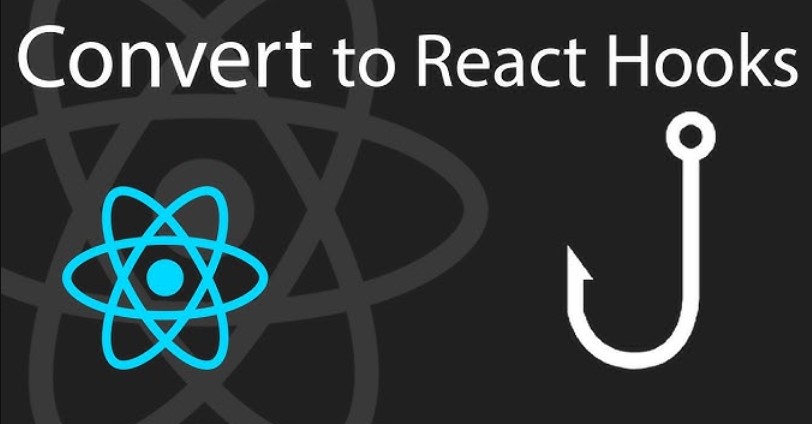Should I learn React Hooks or class-based components?

While using React, you may suffer the paradox of using React hooks or class-based components. Beginners usually ask whether they should learn hooks or class-based components.
React is the popular framework for developing highly interactive and responsive web applications. During the development phase, choosing a programming technique or strategy matters a lot.
If you choose the wrong strategy, it won’t work for the project regardless of how good it is. So, to find a choice between React Hooks and class-based components, stay with us as we are here to give you an understanding of things.
Moreover, hire React developers who are familiar with the class-based components and hooks. Knowledge of both is sheerly important in building React projects.
Read also: AI-Enhanced User Authentication: Securing Digital Wallets with Advanced Technology
React Hooks and Class-Based Components – An Understanding
Before we dive into the depth of the technicalities, it is important to understand the concepts. React hooks allow the developers to utilize the state and other features without initializing a class. The purpose of Hooks is to make the functional components powerful and easy to use.
On the other hand, class-based components were commonly used before the introduction of Hooks. These components used ES6 classes to manage the component state and lifecycle methods.
React Hooks
Hooks were introduced as an alternative to class-based components and they allowed the functional components to access the state and lifecycle features. Looks like useState and useEffect manage the local component site, and effects like fetching data or manually changing the DOM respectively.
Pros and Cons of Using React Hooks
| Pros | Cons |
| Hooks are easy to write due to less code. There is no deed for complex class syntax and lifecycle management. | Can be challenging for beginners to understand the concepts of Hooks. |
| Easy-to-read and maintainable code by embracing functional programming principles | Overusing hooks can lead to convoluted logic inside components. |
| No need to use constructors or binding methods | |
| Allow the reuse of stateful logic across different components without the need for higher-order components or render props. |
Class-Based Components
The concept of class-based components is quite similar to the concept of JavaScript classes. With React class components, you can track the state and lifecycle of a component.
To create a class component, you extend the React.Component class and utilize lifecycle methods like componentDidMount, componentDidUpdate, etc.
All these methods are responsible for handling events during the lifecycle of a component.
Pros and Cons of Class-Based Components
| Pros | Cons |
| Most of the developers are familiar with class-based components as it has been around since the early days of React. | Difficult to read and manage in large applications. |
| Gives strong support for lifecycle methods. | Gives complex lifecycle methods. |
| Separate lifecycle methods make it easier to separate logic tied to different phases of the component life. | Performance issues may arise due to slower rendering. |
Which Approach is Better for Beginners?
Beginners should opt for React Hooks. Hooks are easy to learn and their syntax is more straightforward than class-based components. Moreover, it allows us to focus on functional programming principles rather than sticking to class-specific functionalities and lifecycle methods.
Using hooks also equips developers with the rapid development of smaller, focused components. It is a great benefit while you learn React.
Which Approach is Better for Experienced Developers?
Most of the experienced developers are familiar with both practices. However, chances are that experienced React developers will also opt for React Hooks due to their flexibility, composability, and functional programming nature.
As a tip, you must hire developers who are well-versed in both practices.
Industry Trends and Future of React Development
When you talk about the industry, Hooks are popular and the industry has shifted their stakes towards using functional components. React’s community support also suggests adopting Hooks to move forward as certain React features are built keeping Hooks in mind.
However, you can’t outnumber the class components as it is here to stay for years, especially in large enterprises.
Rounding Off!
In the end, the choice is yours. As far as new React developers are concerned, they must have a firm grip over Hooks but a good understanding of class components is very essential. Hooks are the future of React development while class-based components are still relevant for large-scale industries.




